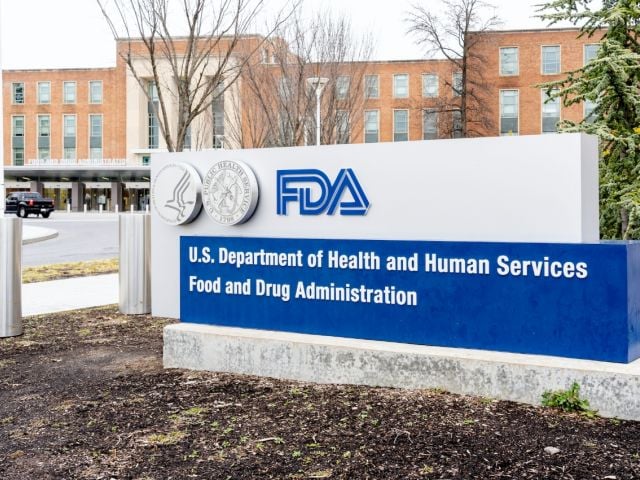Way back in 2007 my boss, EWG Vice-President for Research Jane Houlihan, sent me the results of canned food testing for a chemical called Bisphenol A. I hadn't previously paid much attention to this chemical and had no clue that it was in the canned beans my toddler nibbled nightly.
Why BPA in formula cans matters so much When I first reviewed the test results, the canned baby formula test results jumped out at me. Not because they were the most contaminated foods. At 11 and 17 parts per billion, the BPA levels were dwarfed by food like canned beans, veggies and pasta that I purchased (at the time). But I knew at first glance that even my son's taste for canned beans didn't compare to a newborn's reliance of baby formula, which could make up 100% of her diet for the first 6 months of life.
Since then, the issue of BPA in baby formula has been front and center in my mind. EWG revealed that all major formula companies use BPA in can linings, and that babies fed these formulas could ingest more BPA doses than toxic animals in laboratory studies
Some infant formula goes BPA-free I was encouraged when Abbott Nutrition removed BPA from its Similac brand powdered and ready-to-eat formula.
They brag that 91% of their Similac products are BPA-free, though their concentrated liquid formulas are still sold in BPA-lined metal cans (which also needs to change).
Funny, from what I've seen there haven't been any product shortages or price spikes - as threatened by the formula industry. I'm hopeful that this is the beginning of a widespread shift to package essential foods like formula in new, safer ways. It's certainly progress that the FDA recently began pressuring formula makers to switch to BPA-free packaging - like Canada has been doing.
It often takes consumer and government pressure to effect real change.



